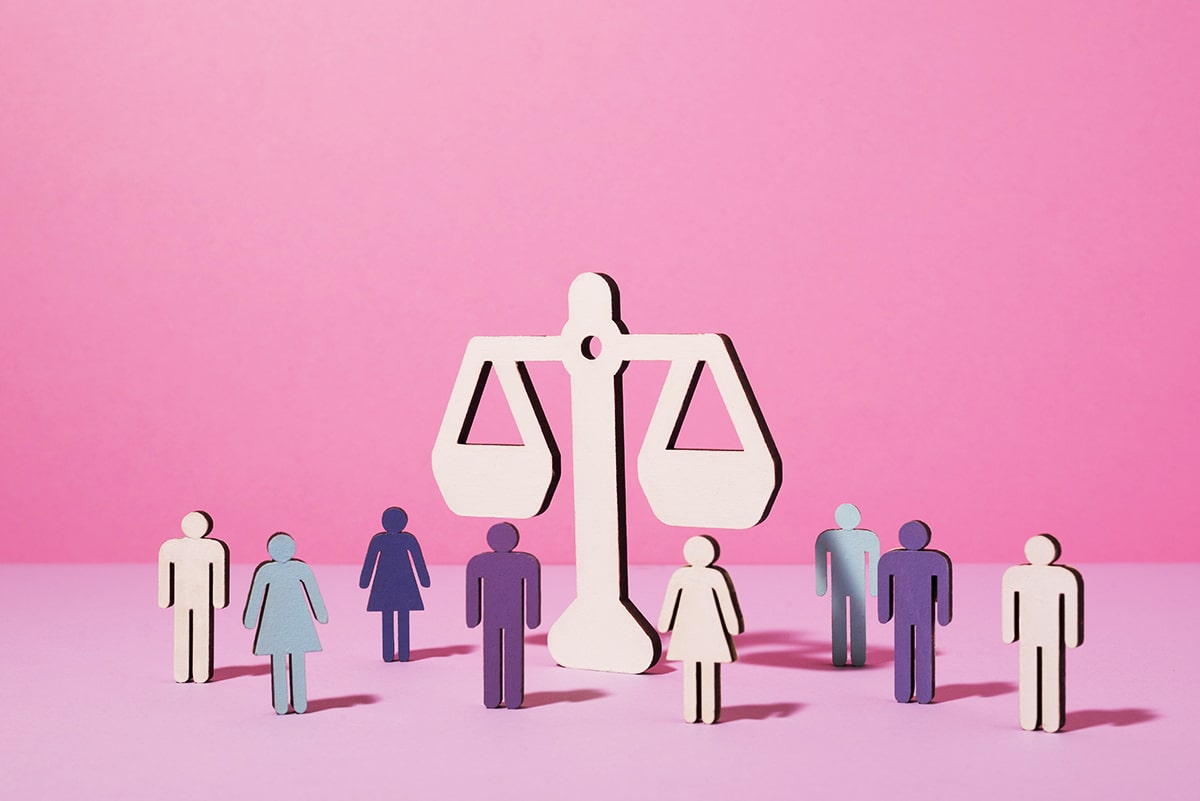Xenophobia is the fear or hatred of people who are different from us, especially those who come from a different country. It is a toxic belief that has been dividing our nation for years and is now more of a threat to our future than ever before.
The Roots of Xenophobia
Xenophobia is deeply rooted in our society, and it has been around for centuries. It is often fueled by economic and political factors, such as job scarcity, political turmoil, and social inequality. When people feel threatened, they tend to become more hostile towards those they perceive as outsiders or «different» than them.
In recent years, xenophobia has been on the rise in many parts of the world, including the United States. The political and media landscape has played a significant role in promoting xenophobic beliefs and behaviors. Politicians often use xenophobia to gain support from their base and to create a sense of us-versus-them mentality.
The Cost of Xenophobia
The cost of xenophobia is high, both for the individuals who are targeted and for society as a whole. When people are discriminated against based on their ethnicity or race, they often suffer from a range of negative outcomes, including poor mental health, decreased job opportunities, and limited access to education and healthcare.
Moreover, xenophobia has a significant impact on our communities’ social cohesion and our nation’s economic growth. By being closed to people from different backgrounds, we lose the chance to benefit from their talents, skills, and ideas. We also risk alienating ourselves from other nations, damaging our international relations and reputation.
The Path Forward
Xenophobia is a complex problem, and it requires a multi-faceted approach to solve. Here are some ways we can all work towards eliminating xenophobia in our society.
1. Promote education and diversity
Promoting education and diversity can create a deeper understanding and appreciation of other cultures, beliefs, and practices. By exposing people to different communities and ways of life, we can break down stereotypes and foster a greater sense of empathy and belonging.
2. Address underlying economic and social issues
Xenophobia is often a symptom of underlying economic and social issues, including poverty, inequality, and social exclusion. Addressing these root causes can help remove some of the conditions that lead to xenophobia.
3. Foster social connections and dialogue
Fostering social connections and dialogue between different communities can break down barriers and create empathy and understanding. Creating more opportunities for people to interact across cultures can help build stronger relationships and a more inclusive society.
The Role of Media and Politics
The media and politicians have a significant influence on public perception and attitudes towards different groups of people. It is essential that media outlets and politicians are responsible and objective in their reporting and messaging about immigrants and minority groups.
Media can play a critical role in raising awareness about the contributions of immigrants to our society and debunking myths about them. They can also help reduce stereotypes and stigmatization by providing accurate and positive information about different communities.
Politicians have the responsibility to lead by example and promote policies that promote inclusion and social cohesion. They can also use their platforms to advocate for the rights of immigrants and marginalized communities, rather than exploiting fears and stereotypes to gain votes.
Conclusion
Xenophobia is a dangerous and toxic belief that is dividing our nation and threatening our future. It is essential to recognize the causes and consequences of xenophobia and to work together to eliminate it from our society. By promoting education, diversity, creating dialogue, and addressing the underlying economic and social issues, we can build a more inclusive and equitable society for all. As individuals, we all have a role to play in recognizing and combatting xenophobia in all its forms. Only by valuing diversity and embracing our differences can we create a vibrant and prosperous future for the generations that will follow us.

Deja una respuesta